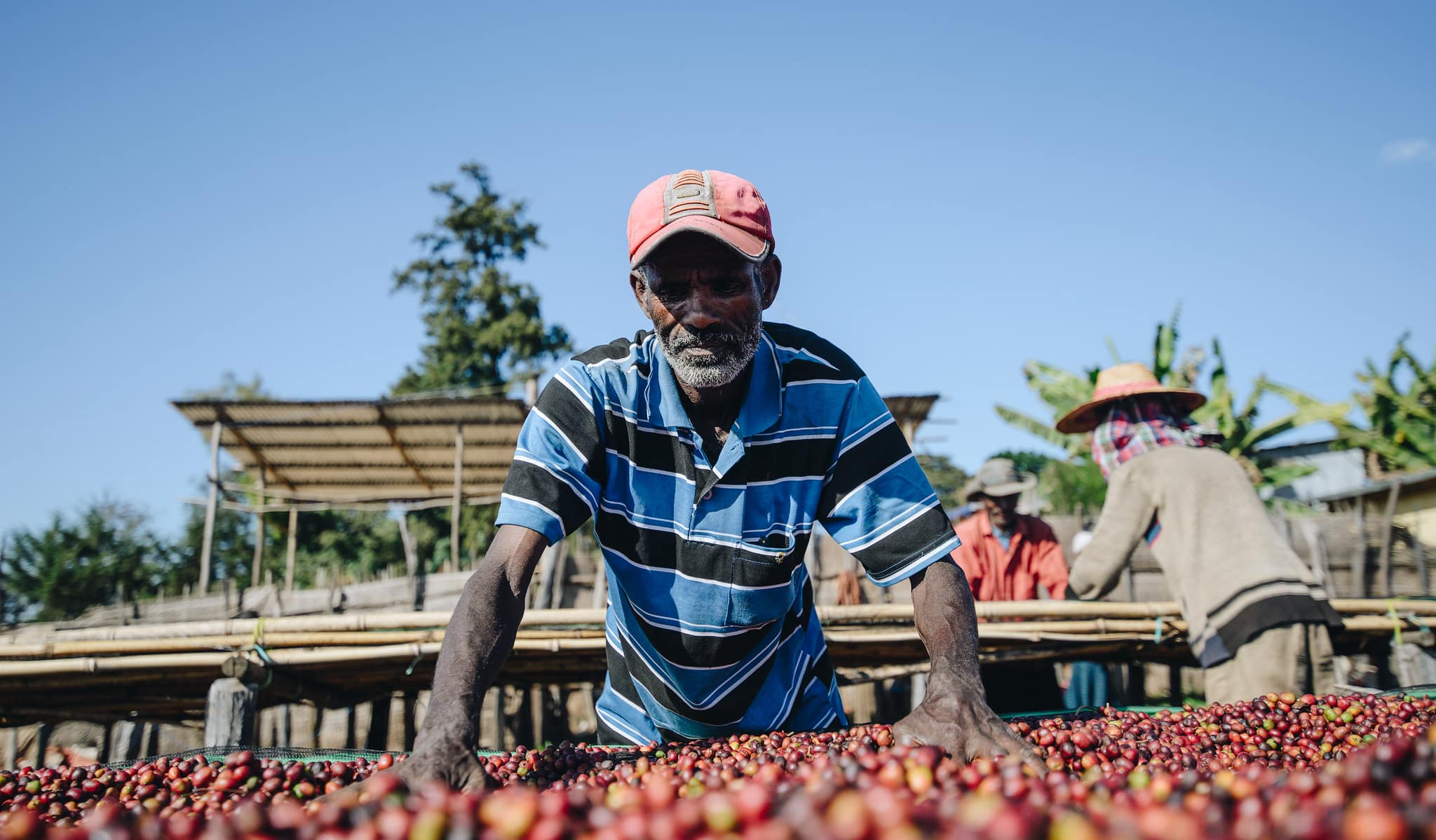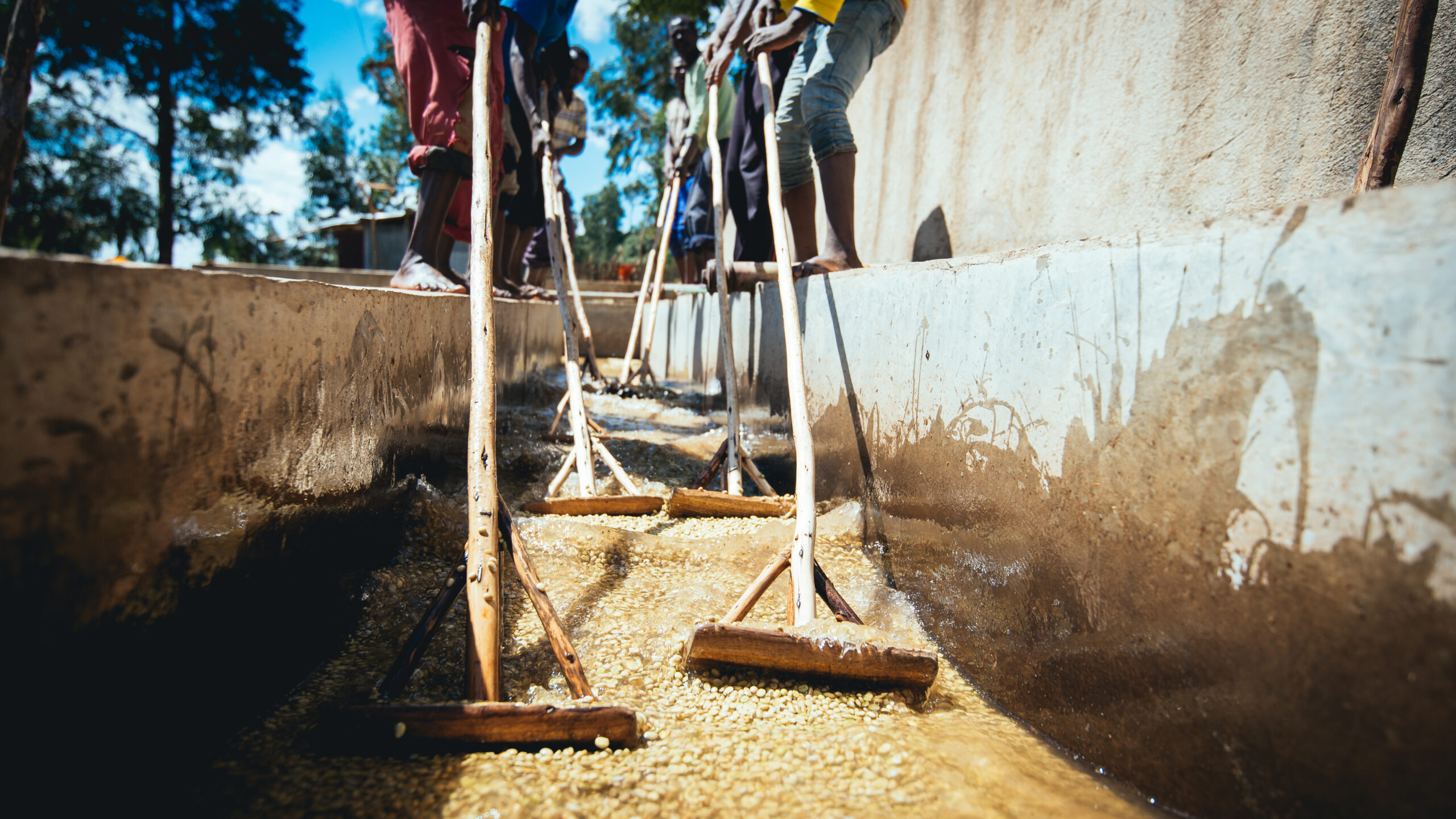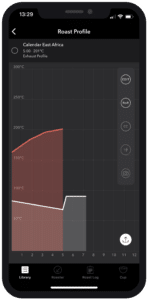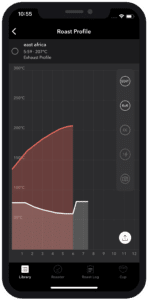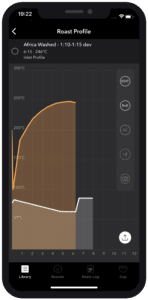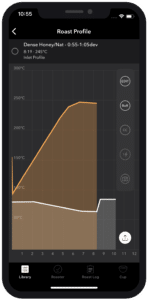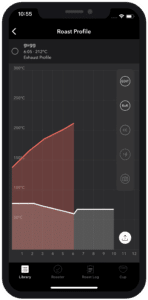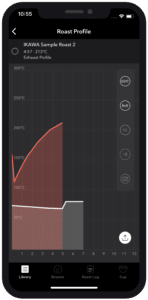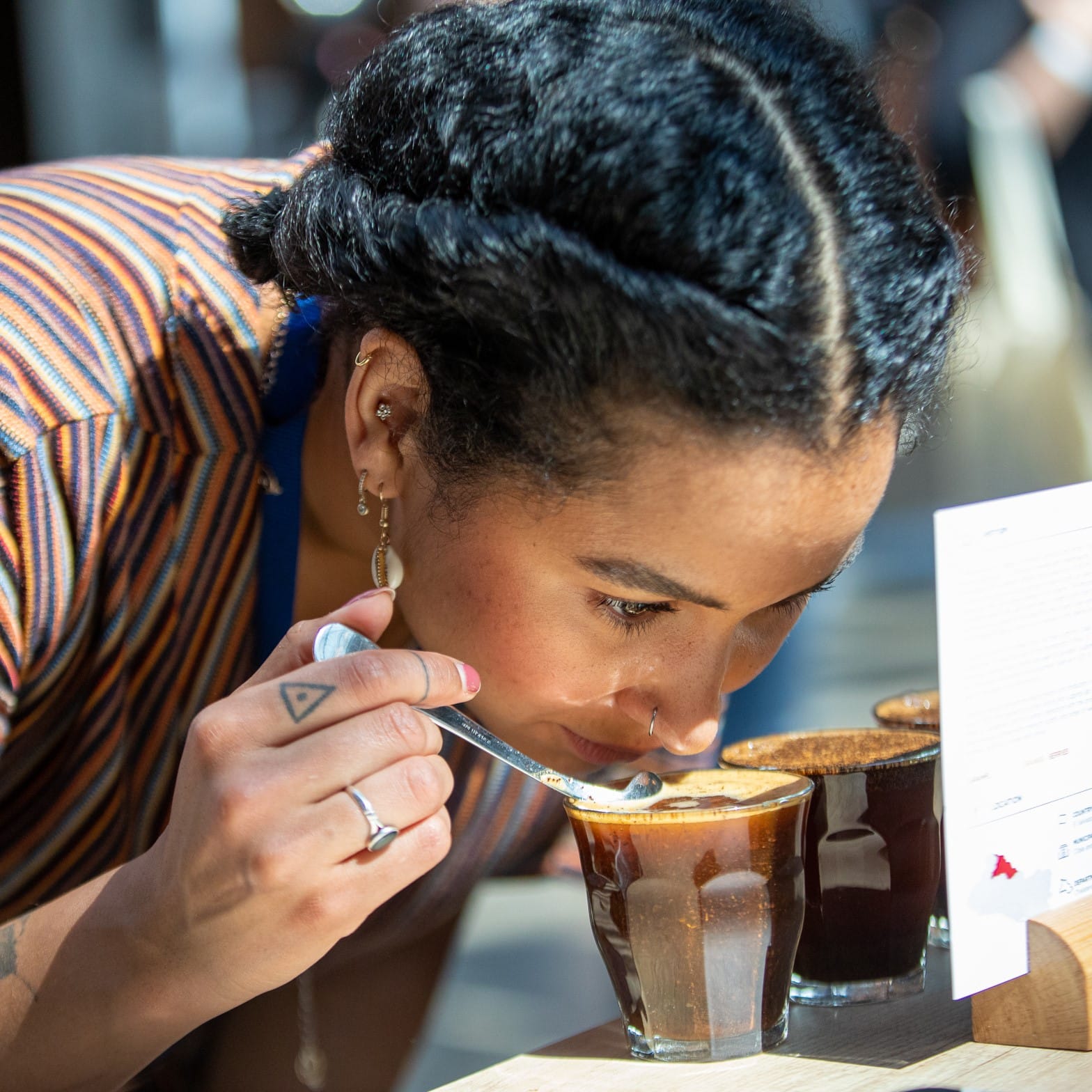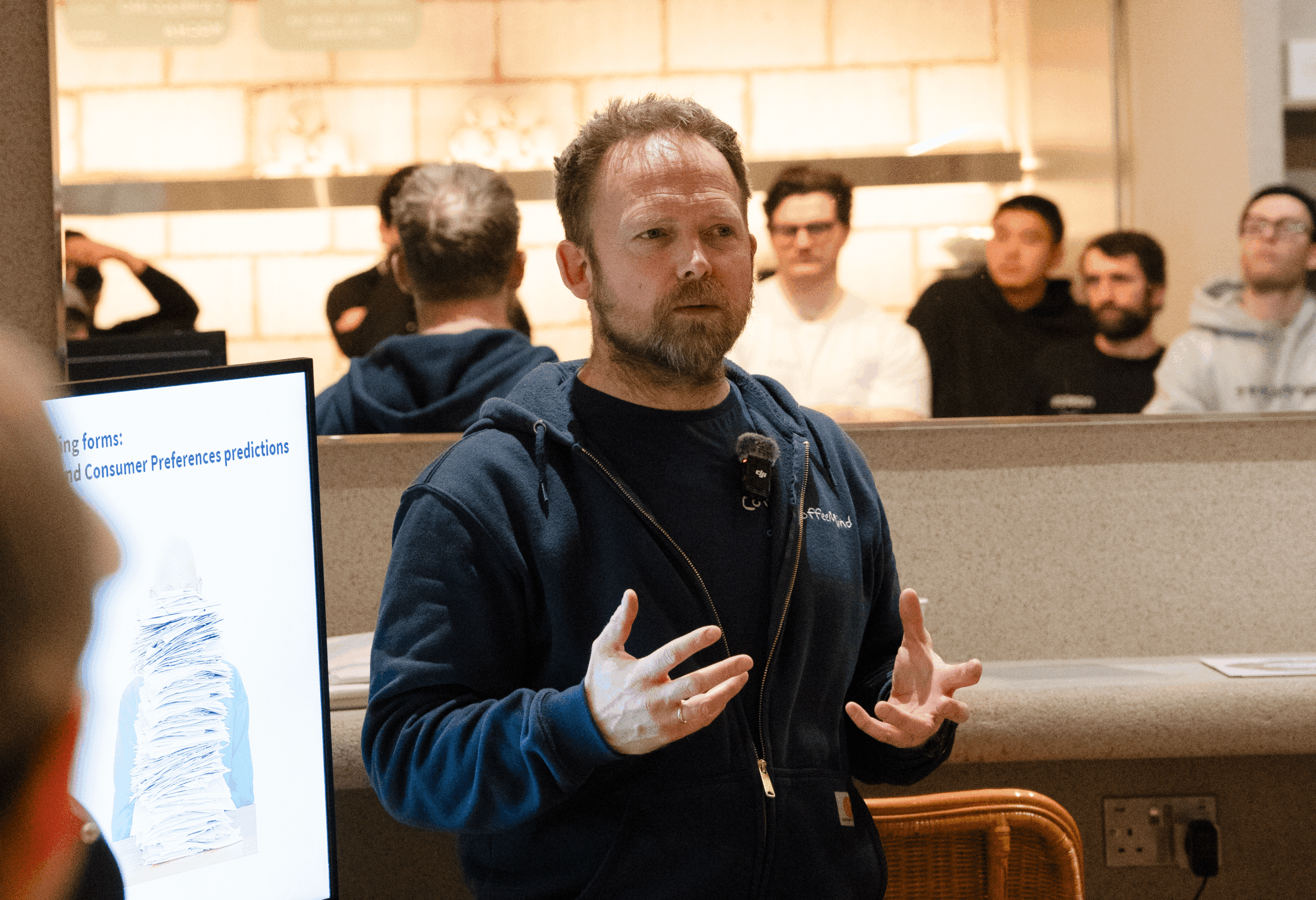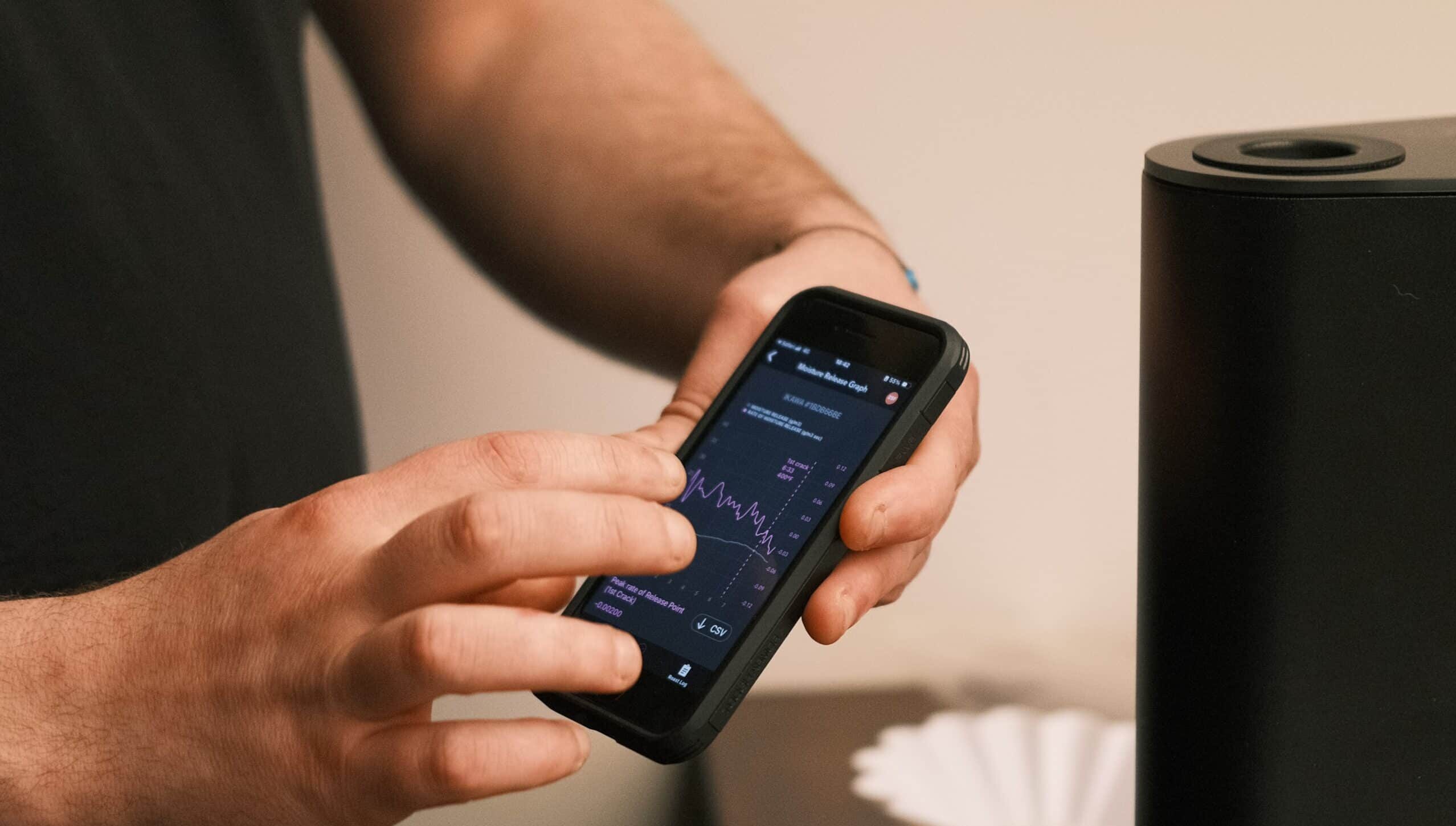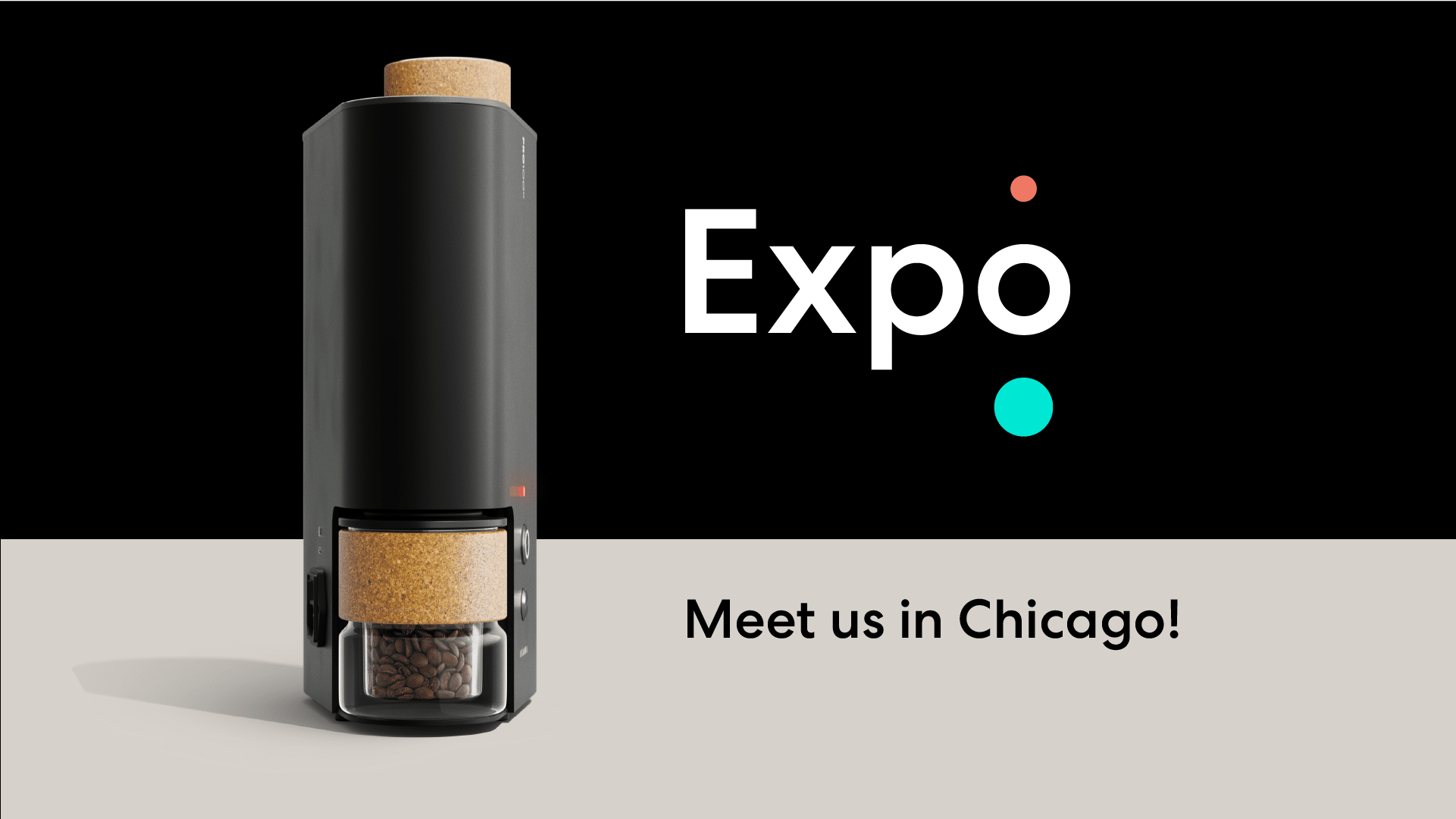It is one of the most anticipated times of the year for roasters and coffee enthusiasts: the arrival of the fresh Ethiopian harvest. The wide range of cup profiles available across the main producing regions of Ethiopia brings coffees renowned for their bright acidity, floral notes, delicate yet sometimes fruity characteristics, and a clean and balanced cup.
We have asked IKAWA Pro users; Calendar Coffee, Redemption Coffee Roasters, Caravan Coffee Roasters and Square Mile Coffee Roasters to share their profiles and tips for evaluating and roasting Ethiopian samples.

